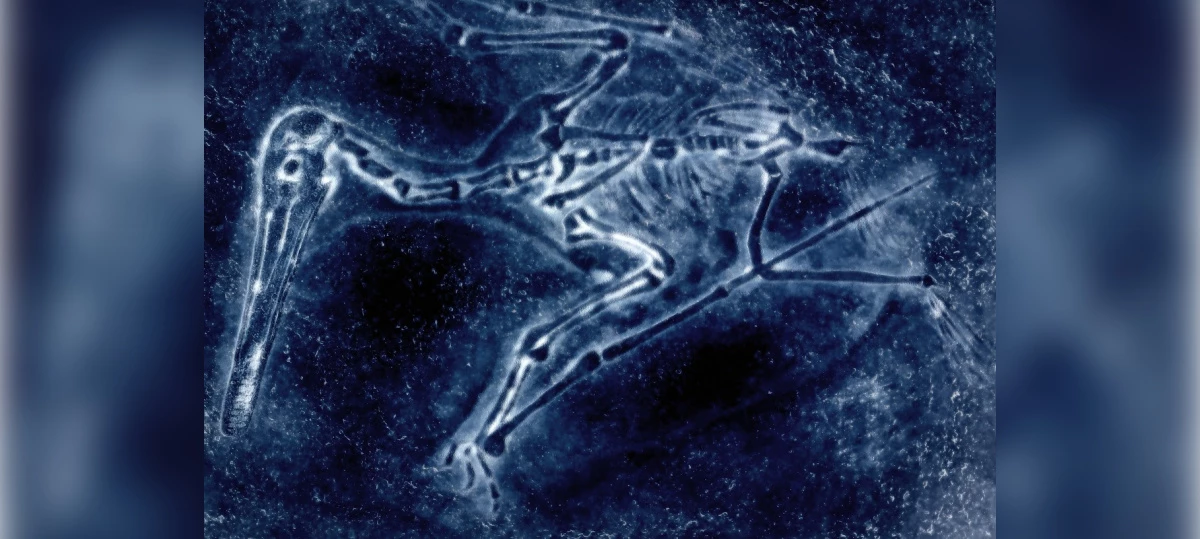This land is my land, this land is your land…but when it comes to fossil rights, who has the upper hand? No stone (or bone) was left unturned when IMS Consulting & Expert Services was tasked with finding the ideal dinosaur expert for a case involving multiple fossils discovered on private land.
Primary Case Issue
Did these ancient remains fall within the mineral estate or the organic estate? The issue at hand regarded ownership of the surface of a land tract versus ownership of the minerals beneath it.
According to Cornell Law School’s Legal Information Institute, “A mineral right is a real property interest and can be conveyed independently of the surface estate. Mineral rights generally include the right to sell all or part of the interest, the right to enter the land to produce and carry on production activities, the right to lease the mineral rights to others, and the right to create fractional shares of the mineral interest.”
Essentially, one tract of land could contain multiple estates—meaning the owner of the surface lot may not have rights to the organic contents underneath.
Expert Witness Requirements
- Expertise in the mineral properties of dinosaur bones and their chemical makeup
- Well-credentialed in mineralogy and possibly paleontology
- United States resident
- Expert testimony in deposition strongly preferred
Expert Witness Search
An internal research team submitted 14 potential experts within 10 business days. These expert candidates were pre-vetted by an IMS recruiter and included a mix of paleontology, geology, and taphonomy professionals.
Expert Witness Placement
The chosen expert was a sedimentary geologist and taphonomist whose research focused on terrestrial depositional systems such as lakes, rivers, and soils—including those with fossils.
The expert was highly experienced in mineralization and the use of X-ray fluorescence (XRF) and X-ray powder diffraction (XRD) technology. They were able to explain the process of fossilization in easily understood terms, allowing the court to best assess whether ownership of the bones should be considered part of the surface estate or mineral estate.
Case Results
This case settled.
IMS knows the subject matter authorities across every industry and discipline. No matter your specific needs, IMS will locate and deliver the best-aligned expert witness.
Let’s find your expert: contactus@expertservices.com






